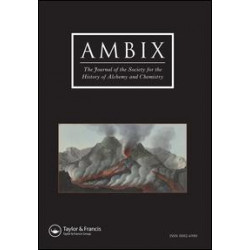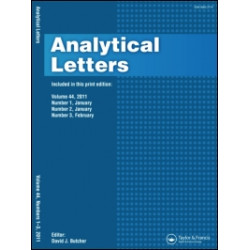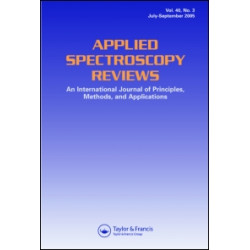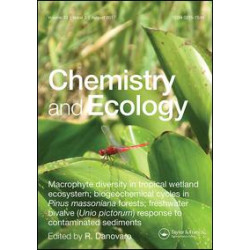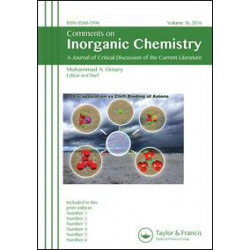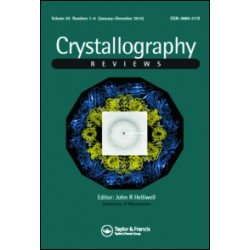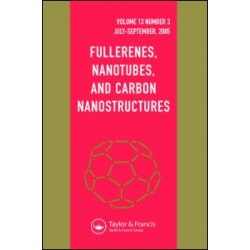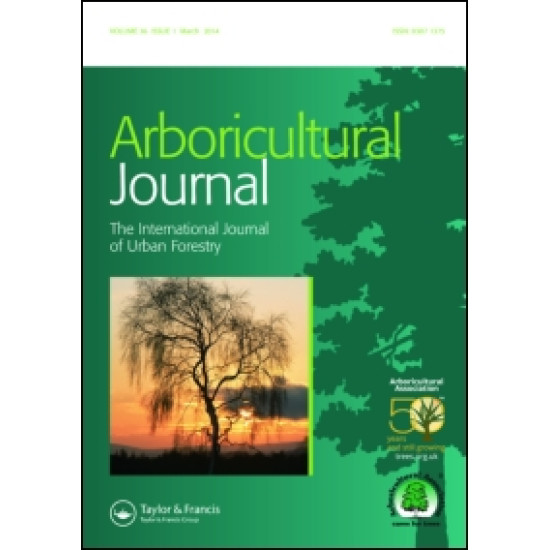
The Arboricultural Journal: International Journal of Urban Forestry is the official journal of the Arboricultural Association, the largest professional body of its kind in the world. The journal is aimed at presenting high-quality research on urban and peri-urban trees, woods, and forests. It covers use, planning, design, history, establishment and management as main topics. The publication concentrates on all tree-dominated and urban forest related topics and associated ‘green’ resources in and around urban areas. These include public and private woodlands, urban parks and gardens, urban nature areas, street tree and square plantations, botanical gardens, cemeteries and crematoria, and of course the trees themselves.
The journal welcomes fundamental and applied research papers, as well as review papers and short communications. Contributions should focus on one or more of the following aspects as detailed below.
Contributions on the following subjects will be considered for publication:
- Arboriculture and tree care, forestry and horticulture (in an arboricultural context);
- Arboricultural professional practice and related matters;
- The urban forest and urban forestry;
- Tree and woodland ecology, history and related issues;
- Ancient and veteran trees and their management;
- Landscape design and evaluation;
- Tree and forest economics and assessment methodologies;
- Issues of relevant professional practice;
- Issues of relevant legal and litigation practice;
- Recreational and amenity trees;
- People and trees;
- History of trees, arboriculture and urban forestry;
- Trees, woods and environmental change;
- Urban and urban-fringe trees, urban forestry, urban environments;
- Community forests and forestry;
- Highway trees and woods;
- Issues of biofuel, green infrastructure, and urban greenspace;
- Other topics deemed by the editor to be relevant and acceptable.
Submissions may include original research papers, review or survey articles dealing with progress in a branch of science or another discipline relevant to arboriculture. We welcome notes and comments on matters likely to have an immediate impact on the advancement of arboriculture and urban trees. The papers should be written in a style that is understandable to specialists from other disciplines as well as interested policy-makers and higher-level practitioners.
All published research articles in this journal have undergone rigorous peer review, based on initial editor screening and anonymous refereeing by at least two expert referees.







